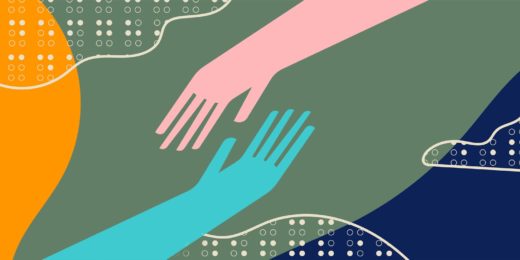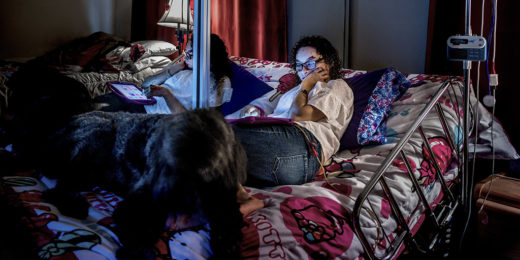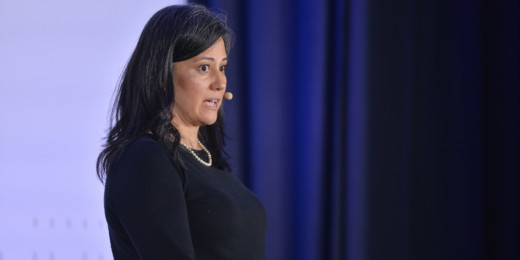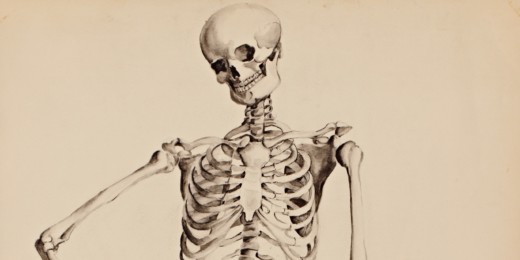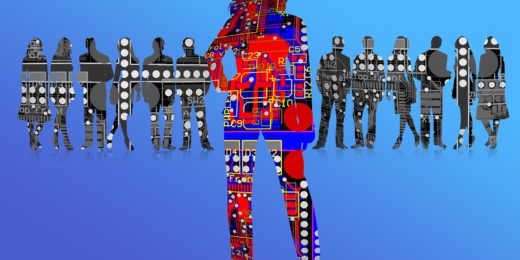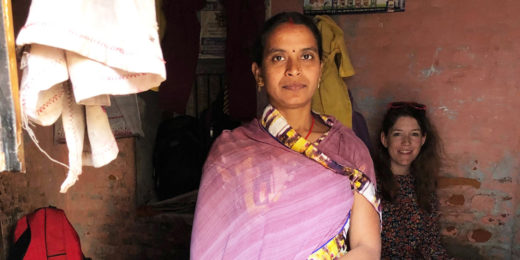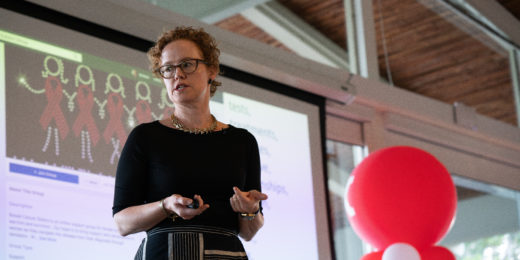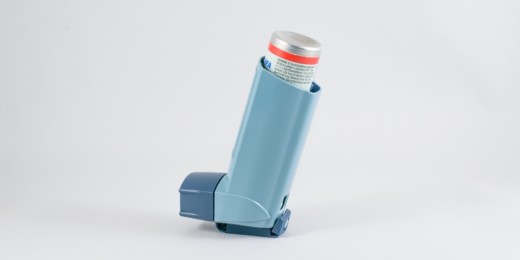Researchers from Stanford and Seoul National University have constructed an artificial sensory nerve circuit that imitates human reflexes and ability to sense touch.
Category: Innovation & Technology
Going beyond words for a window to a teenager’s world
An iPad app is helping a nonverbal 19-year-old make social connections and express her thoughts and needs as never before.
Health data provide insights into rare diseases, say panelists at Big Data in Precision Health
At a time when technology is bringing the world closer together, the practice and potential of sharing patient data is beginning to blur the notion of “rare” diseases, and offer more options for identifying and treating conditions previously considered undiagnosed, panelists at a Stanford conference said.
Citrus compound shows potential to lessen dry mouth in head and neck cancer patients
New Stanford Medicine research found that a compound called d-limonene has the potential to help head and neck cancer patients who suffer from dry mouth.
A galvanizing exhibit explores issues raised by Frankenstein
A new exhibit at Stanford's Cantor Arts Center draws on the themes of technology, medicine and ethics raised in Mary Shelley's novel, Frankenstein.
Countdown to Big Data in Precision Health: Understanding the hype and the hope for AI in health care
Dekel Gelbman, CEO of FDNA, speaks on the role of artificial intelligence in health care, and how he sees AI contributing to genetic diagnostic in particular.
New “MAGESTIC” gene-editing technology makes precise changes to millions of cells at once
A new gene-editing technology enables scientists to make thousands of edits at once and track them with specific barcodes.
U.S. doctors saddled with four times the amount of note taking as foreign counterparts
Regulatory reform could reduce the bloated documentation requirements facing American physicians and help to reduce rising levels of burnout.
Stanford-developed app curriculum empowers health care providers in India
An app-based health training and triaging program spearheaded by Stanford's Ayesha Khan is now in use in India, and has led to the creation of village-based health workers.
Balancing online privacy and connection at Stanford Medicine X | Ed
Researchers and ePatients at Stanford Medicine X | Ed talk about the benefits and risks of discussing personal health issues online.
Data and design thinking to shape the future of medicine, Stanford Medicine X | ED speakers say
Dean Lloyd Minor from Stanford and Bon Ku from Thomas Jefferson University weigh in on forces transforming medical care.
Using CRISPR to edit coral
In a proof-of-principle study, Stanford scientists and colleagues used the CRISPR/Cas9 system to modify genes in coral, suggesting that the tool could one day aid conservation efforts.
Symposium to kick off effort to improve electronic health records for physicians and patients
Stanford Medicine will unite leading minds in patient care, technology, design thinking and public policy to help shape the future of electronic health records and at the EHR National Symposium on June 4.
Symposium discusses promise and pitfalls of technology in medicine
A Stanford symposium asks: In the midst of technological progress, how do doctors retain the human touch with patients and ensure that new developments enhance, rather than impede, their profession?
New way to understand tumor diversity combines CRISPR with genetic barcodes
Stanford researchers develop a new way to track the growth of diverse tumor types, using gene editing and DNA barcoding.
Countdown to Childx: Medical device innovation for kids with chronic disease
Pediatric cardiologist and biomedical innovator Bronwyn Harris talks about the challenge of translating data into better outcomes for kids with chronic diseases.


